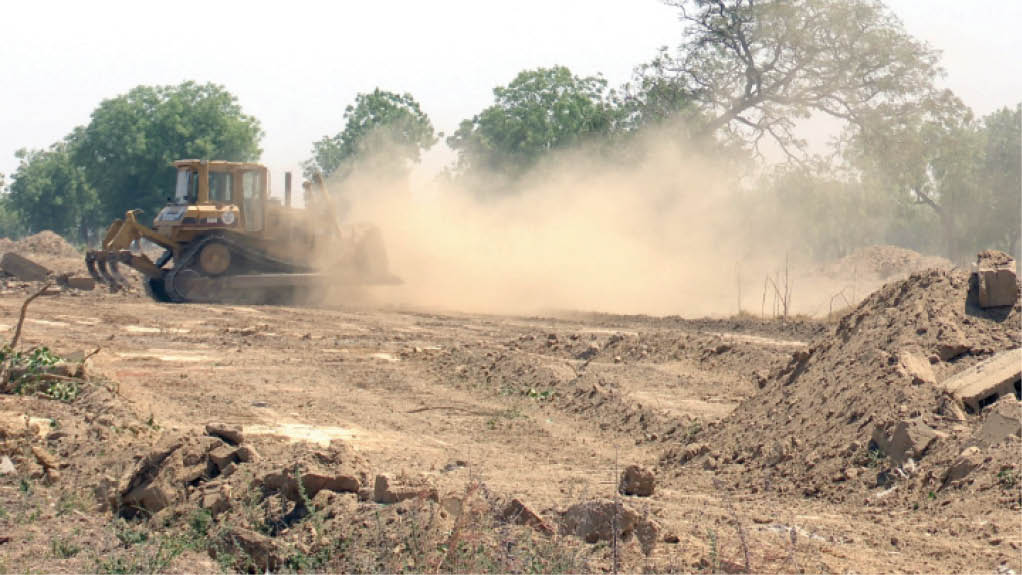In Nigeria today, real estate investment companies and individuals have embraced land banking as a veritable and profitable investment option. Even in the midst of decreasing disposal income of Nigerians as accessioned by the current economic realities, land banking remains a thriving business in major Nigerian cities. This lucrative economic activity comes with its corresponding challenges and risk factors.
However, one of the greatest motivators in this line of real estate business is the empirical fact that land appreciates over time irrespective of its location and economic climate of the country. As the Nigerian population continues to grow on a geometric basis, the demand for housing will continue to go higher and this is one of the major factors that make land banking a most profitable business especially in a fragile economy like Nigeria where investments in bonds and other financial assets are being eroded by inflation.
- Kaduna inaugurates officials for 2022 Hajj
- Hijab crisis: Kwara Muslims demand name change of public schools
One of the key elements of real estate investment in raw land is land banking. Land banking by a way of simple definition is a real estate investment vehicle cum scheme that involves and encourages investment in an undeveloped landed property at a reduced rate with the aim of holding onto the land within a given period and to sell it for a profit motive as the land appreciates.
Real estate investors in this category are always on the lookout for landed properties that are not developed especially in the non-highbrow areas of a city, semi urban cities, and even rural areas with potential for development
Land grabbing is one of the many factors that are bedevilling land banking business in Nigeria. This forceful acquisition of lands by a higher authority is a major threat to land banking. In major Nigerian cities like Abuja and Lagos, so many low income investors and even recognized real estate companies have lost their hard earned investments to the government and big organisations due to evolving policies on development control overtime.
The inability of the investors in the land banking real estate space to obtain the necessary land documentation from the relevant government authorities is another factor militating against it. In the event of development by the government, the land bankers lose their investment with little or no compensation from the government due to obvious lack of documentation. Other factors affecting land banking business include: inconsistent government policies on land ownership and management, ecological problems, community land ownership problems, among others.
In addressing the myriads of challenges that are confronting the land banking space in the real estate industry in Nigeria, proper documentation of the land upon acquisition is very key. And in this regard, government through its relevant agencies and professional bodies in the built environment should work in harmony in arresting this challenge.
Raw land unarguably is one of the main five categories of real estate. Others include residential, commercial, industrial and of course special use. Of all these categories otherwise known as branches of real estate business, the one that can easily be obtained by real estate investors – corporate and individuals investors is the raw land with little or no economic activities. Put in another way, land banking is the act of buying land for speculative motives.
Esv. Abudulsalam Olayinka Abdulrasaq, a registered estate surveyor & Valuer, is at the Railway Property Management Company

 Join Daily Trust WhatsApp Community For Quick Access To News and Happenings Around You.
Join Daily Trust WhatsApp Community For Quick Access To News and Happenings Around You.

